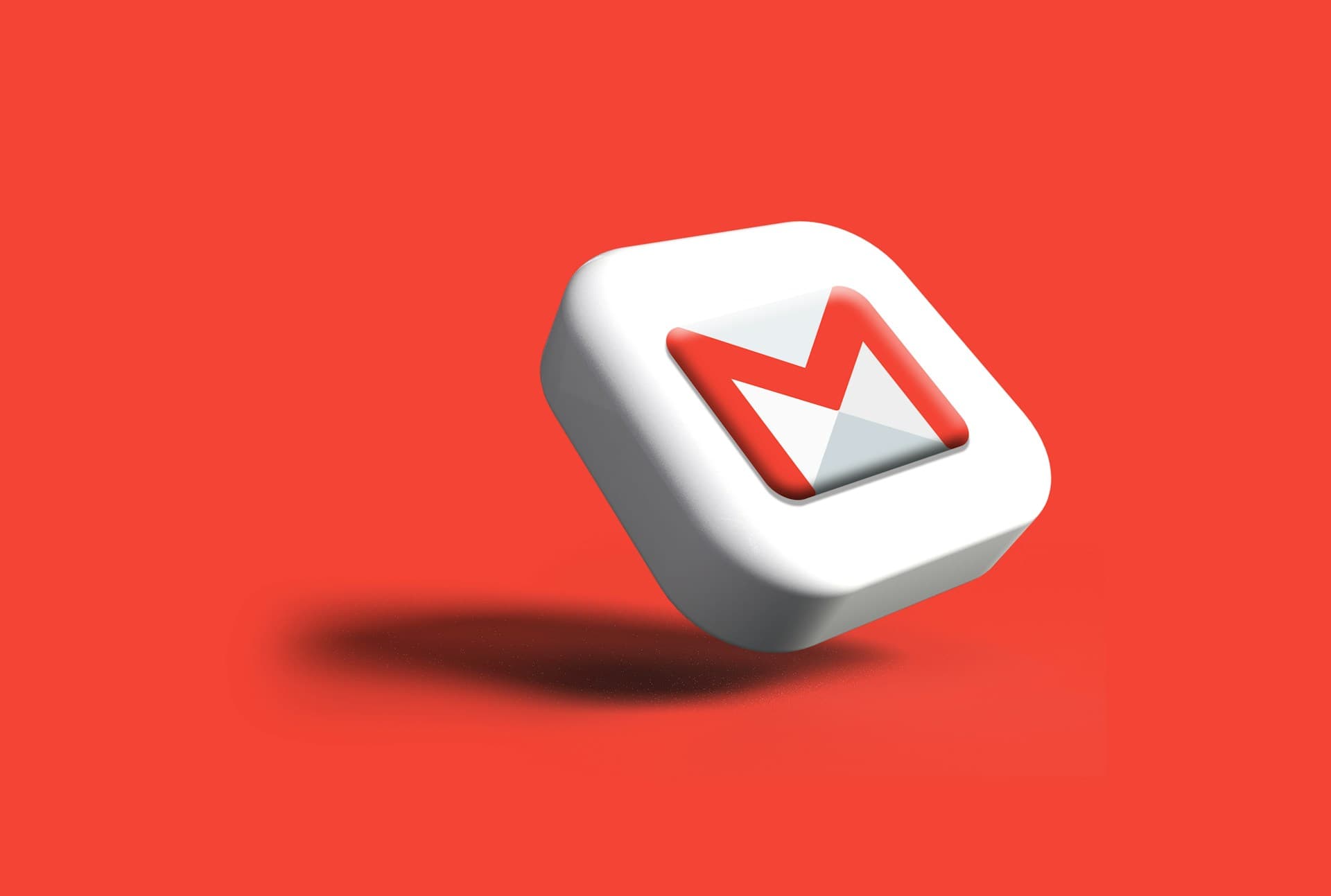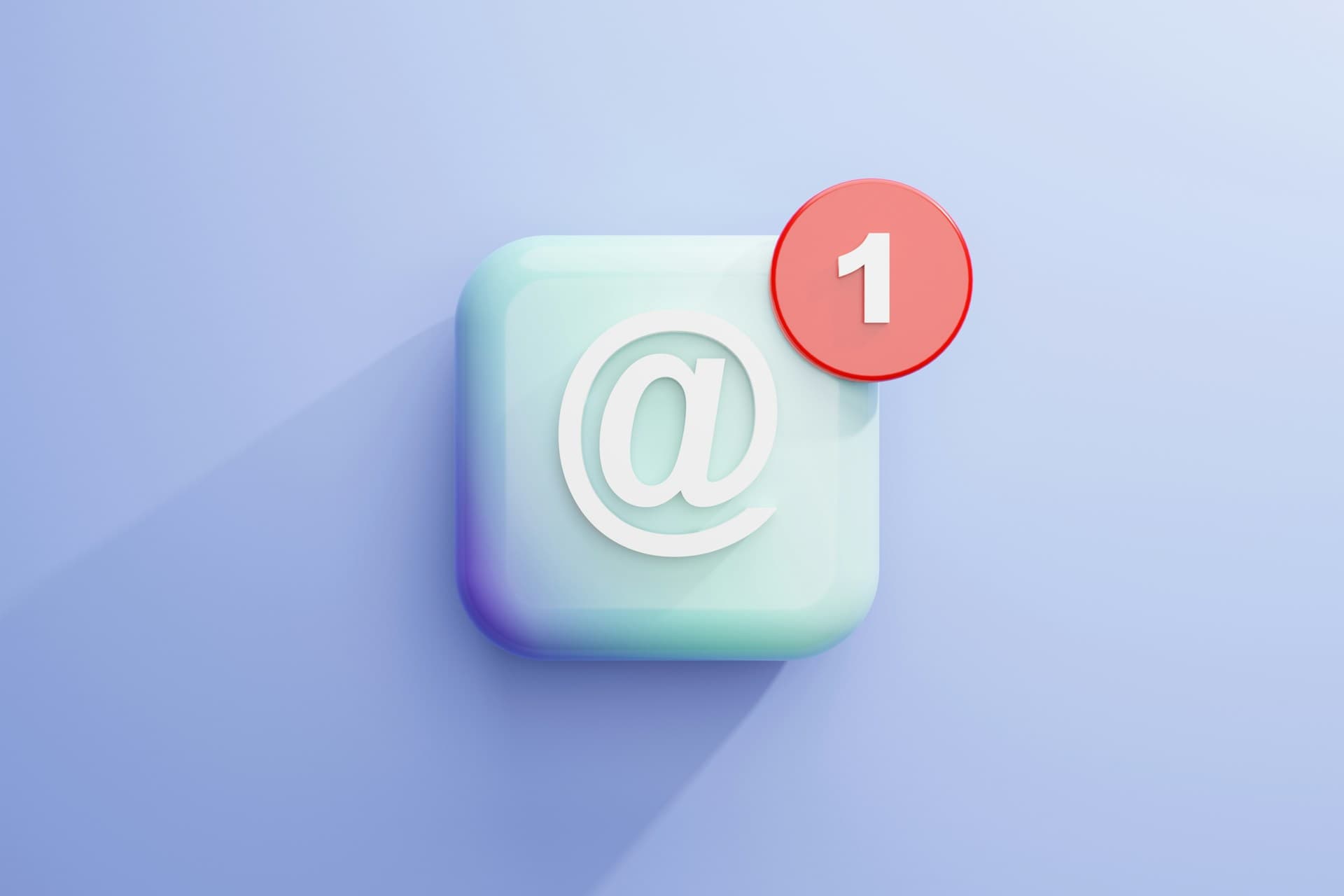AI reply generator: respond faster to emails and messages

You're staring at 47 unread emails. Each one needs a response. Some are quick, some are complex, but all of them take time you don't have.
You could spend the next 2 hours writing replies. Or you could let AI do it in minutes.
AI reply generators are changing how professionals handle communication. Instead of writing every email and message from scratch, AI reads the context and generates personalized responses instantly.
In this guide, you'll learn how AI reply generators work, why they save time, and how to use them effectively for emails, LinkedIn messages, customer support, and more.
What is an AI reply generator?
An AI reply generator is a tool that uses artificial intelligence to write responses to emails and messages. It reads the conversation context, understands what the other person said, and generates an appropriate reply.
How it works:
You receive an email or message
AI reads the conversation and understands context
AI generates a contextual, personalized response
You review, edit if needed, and send
The best AI reply generators work seamlessly in your existing tools — email, LinkedIn, Slack, customer support platforms — so you never have to copy and paste.
Why use an AI reply generator?
The average professional spends 28% of their workday on email. That's over 2 hours per day just reading and responding to messages.
Benefits of using AI reply generators:
Save 10-15 hours per week: AI can write replies 10x faster than you
Respond faster: Reply to emails in seconds instead of minutes
Improve quality: AI helps you communicate clearly and professionally
Reduce decision fatigue: No more staring at blank screens
Scale your communication: Handle more messages without burning out
Maintain consistency: Every response stays professional and on-brand
AI reply generators don't replace you — they help you work faster and focus on high-value tasks.
How AI reply generators work
Modern AI reply generators use large language models (like GPT-4) to understand language and generate human-like text.
The process:
1. Context reading
The AI reads the entire email thread or message conversation to understand what's being discussed. This includes:
What the other person said
The tone and formality level
Any questions they asked
Previous messages in the thread
2. Intent understanding
AI determines what kind of response is needed:
Answering a question
Scheduling a meeting
Providing an update
Declining a request
Following up on something
3. Response generation
AI writes a reply that:
Addresses the main points
Matches the appropriate tone
Sounds natural and human
Includes relevant details
4. Personalization
The best AI reply generators learn your writing style over time and incorporate:
Your preferred phrases
Your signature style
Your level of formality
Industry-specific terminology
Best AI reply generators compared
1. Quickfix AI — Best for emails and messages
What it does: Generates contextual replies for emails, LinkedIn, customer support, and any messaging platform
Key features:
Reads conversation context automatically
Works on every website (browser extension)
One-click reply generation
Multiple tone options (professional, casual, friendly)
No copying and pasting required
Best for: Professionals, sales teams, customer support, recruiters — anyone who sends 20+ messages per day
Pricing: Free plan available, Pro starts at $12/month
2. Google Smart Reply — Built into Gmail
What it does: Suggests short, pre-written responses in Gmail
Key features:
Built into Gmail (free)
Three suggested responses appear automatically
Good for quick acknowledgments
Limitations: Only works in Gmail, suggestions are short and generic, no customization
Best for: Simple replies and quick acknowledgments
3. ChatGPT — General-purpose AI
What it does: Writes anything you ask it to, including email replies
Key features:
Very versatile
Can write detailed, custom responses
Free tier available
Limitations: Requires copying and pasting, no context awareness, manual process
Best for: Occasional use, complex responses that need more control
4. Grammarly — AI writing assistant
What it does: Suggests reply improvements and generates responses (in beta)
Key features:
Works across many platforms
Improves tone and clarity
Catches errors
Limitations: Reply generation is limited, focuses more on editing than generation
Best for: Editing and improving existing text
How to use AI reply generators for different platforms
For email (Gmail, Outlook, etc.)
Use case: Responding to client emails, internal updates, meeting requests, follow-ups
How to use AI:
Open the email you need to respond to
Click the AI reply button (with Quickfix AI)
Review the generated response
Edit if needed and send
Time saved: 5-10 minutes per email → 30 seconds
For more email help, check out our professional email templates and learn how to write professional emails.
For LinkedIn messages
Use case: Networking, job searching, sales prospecting, responding to connection requests
How to use AI:
Open the LinkedIn message
AI reads the context and profile
Generates a personalized response
Send with one click
Time saved: 10 minutes researching profile + writing → 1 minute
See our LinkedIn message templates for more examples.
For customer support
Use case: Answering common questions, providing updates, handling complaints, escalating issues on customer support platforms
How to use AI:
Read the customer's message
AI generates appropriate response based on issue type
Personalize with customer-specific details
Send
Time saved: 3-5 minutes per ticket → 1 minute
For social media
Use case: Responding to comments, DMs, mentions on Twitter, Instagram, Facebook
How to use AI:
Open the comment or message
AI reads context and generates reply
Match brand voice and tone
Post response
Time saved: 2-3 minutes per response → 30 seconds
For Slack and team messaging
Use case: Quick updates, answering questions, acknowledging messages
How to use AI:
Read the Slack message
AI suggests contextual reply
Send or customize
Time saved: 1-2 minutes per message → 15 seconds
How Quickfix AI helps
Most AI reply tools require copying and pasting between apps. This works, but it's slow and inefficient when you're sending dozens of messages per day.
Instead of:
❌ Copying the message you're replying to
❌ Opening ChatGPT or another tool
❌ Pasting the message and asking for a reply
❌ Waiting for AI to generate a response
❌ Copying the AI output
❌ Pasting it back into your email or messaging app
With Quickfix AI:
✅ AI reads the conversation automatically
✅ Click one button to generate a reply
✅ Edit if needed (or send immediately)
✅ Works everywhere (email, LinkedIn, support tools, social media)
Quickfix AI is a browser extension that works on every website. No copying, pasting, or switching apps. Just one click and your reply is ready.
Tips for using AI reply generators effectively
1. Always review AI-generated replies
AI is fast and helpful, but it's not perfect. Always read the reply before sending to catch errors or add personal touches.
2. Provide context when needed
If the AI doesn't have enough context, it might generate a generic reply. Give it more information by selecting relevant text or adjusting your prompt.
3. Adjust the tone
Most AI reply generators let you choose tone (professional, casual, friendly). Match the tone to your relationship with the recipient.
4. Use AI for routine messages
AI works best for common scenarios like confirmations, follow-ups, thank yous, and acknowledgments. For sensitive or complex topics, write it yourself.
5. Personalize when it matters
For important clients or relationships, add a personal detail that AI wouldn't know. A quick sentence about their project or a shared interest goes a long way.
6. Set up keyboard shortcuts
If your AI tool supports it, set up keyboard shortcuts to generate replies even faster.
7. Train the AI on your style
Some tools learn from your edits. The more you use it, the better it gets at matching your voice.
Common concerns about AI reply generators
"Won't people know it's AI?"
Modern AI sounds natural and human. As long as you review and personalize replies, recipients won't notice — and most won't care as long as the message is helpful and relevant.
"What if AI makes a mistake?"
That's why you always review before sending. Think of AI as a first draft, not a finished product.
"Will AI replace me?"
No. AI is a tool that helps you work faster. You're still making decisions, adding context, and maintaining relationships. AI just handles the typing.
"Is it ethical to use AI for replies?"
Yes, as long as you're honest and the replies are accurate. AI is just a writing tool, like spell check or templates. What matters is that your communication is helpful and truthful.
"What about privacy?"
Choose AI tools that prioritize privacy. Tools like Quickfix AI process messages securely and don't store your data.
Pro tips for AI-powered communication
Use AI for the first draft: Let AI write 80%, then add the personal 20%
Set boundaries: Use AI for routine tasks, not sensitive conversations
Batch your responses: Process emails in batches with AI for maximum efficiency
Compare AI outputs: Some tools let you generate multiple versions — pick the best one
Create custom prompts: If your AI tool allows it, save custom prompts for common scenarios
Measure time saved: Track how much time AI saves you each week to justify the cost
Use it for learning: AI replies can teach you better phrasing and communication patterns
FAQs
Are AI reply generators accurate?
Modern AI reply generators like Quickfix AI are very accurate when they have proper context. They understand the conversation and generate appropriate responses. Always review before sending to ensure accuracy. See our comparison of the best AI writing assistants.
Can AI reply generators work on any email platform?
It depends on the tool. Browser extensions like Quickfix AI work on any email platform (Gmail, Outlook, Yahoo, etc.). Tools built into specific platforms only work there.
How much time do AI reply generators save?
Most users save 10-15 hours per week by using AI for email and message responses. If you send 50+ messages per day, the time savings are significant.
Do I need to write prompts for AI reply generators?
No. The best AI reply generators like Quickfix AI work automatically — they read the context and generate replies without needing prompts. Just click and send.
Will AI reply generators sound robotic?
Modern AI sounds natural and human. As long as you review and add personal touches, most people won't notice (or care) that AI helped write it.
Can AI reply generators handle multiple languages?
Yes. Most AI reply generators support dozens of languages and can generate replies in the same language as the original message.
Are AI reply generators expensive?
Many AI reply generators offer free plans or trials. Paid plans typically range from $10-$20/month, which is worth it if you save 10+ hours per week.
Can AI reply generators integrate with CRM systems?
Some can. Check with your AI tool and CRM provider. Browser extensions like Quickfix AI work anywhere, including most CRM platforms.
Conclusion
AI reply generators are transforming professional communication. Instead of spending hours writing emails and messages, you can respond in seconds — without sacrificing quality or personalization.
The key is choosing the right tool for your needs. If you send dozens of emails and messages every day, a purpose-built tool like Quickfix AI will save you the most time because it works seamlessly across all platforms.
If you only need occasional help, free tools like ChatGPT or Google Smart Reply can work — though they require more manual effort.
The bottom line: AI reply generators don't replace you. They help you focus on what matters by handling the routine, repetitive writing that eats up your day.
Ready to try Quickfix AI for email?
See how Quickfix AI helps you respond to emails faster

